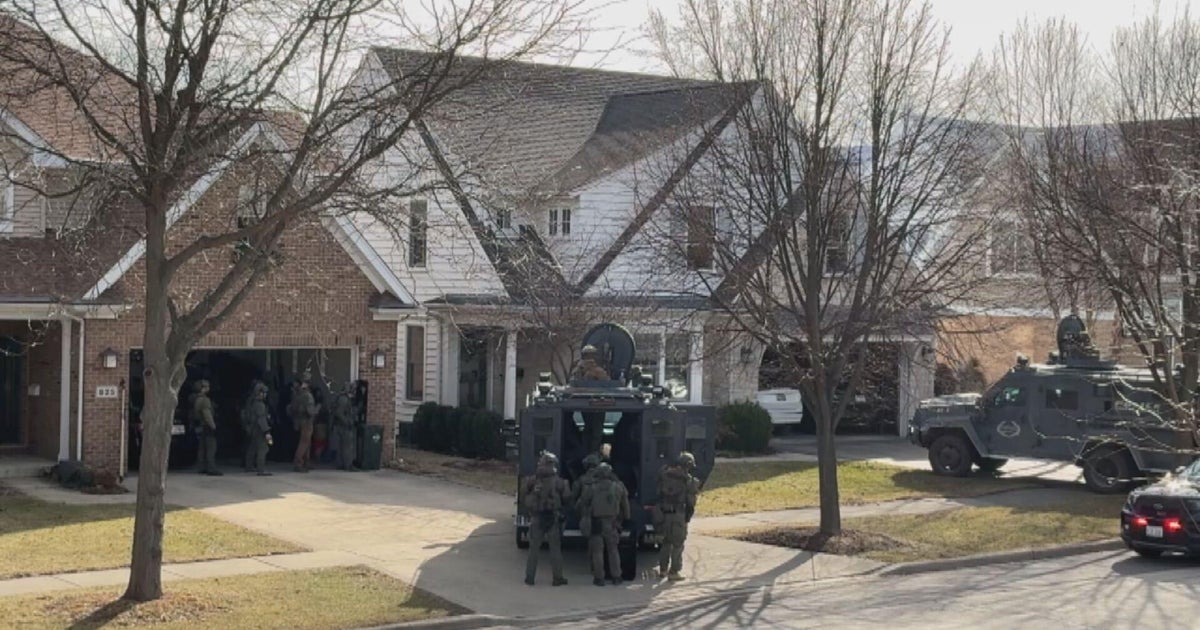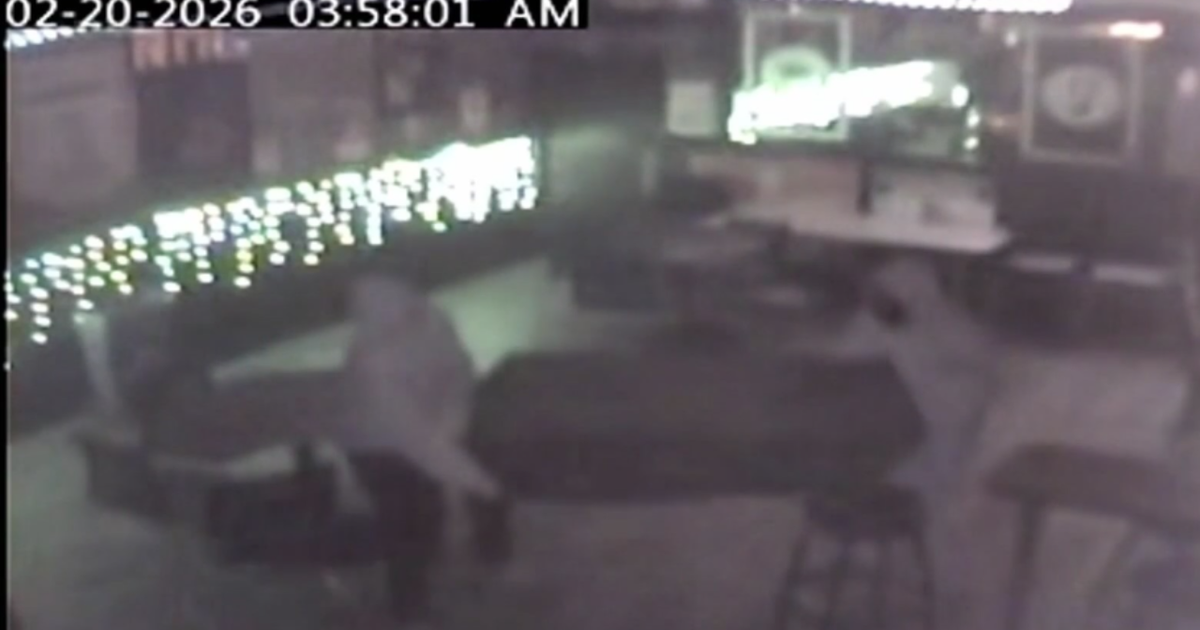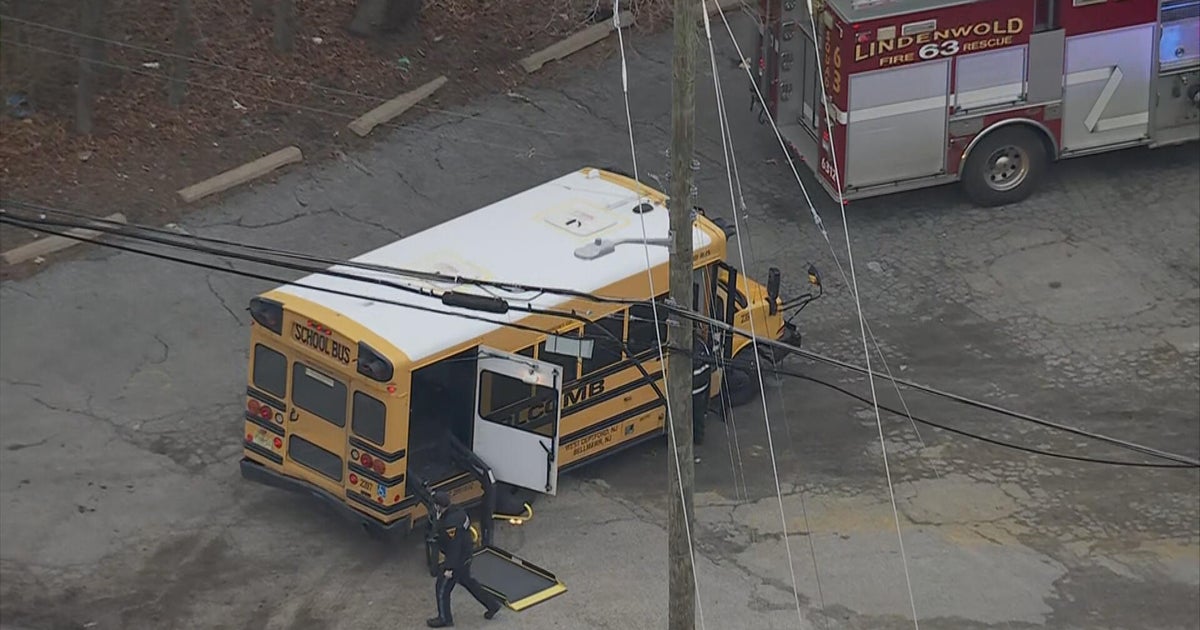Officials: Norovirus Epidemic Will Get Worse
ARLINGTON HEIGHTS, Ill. (CBS) - It may not seem like a big deal when just one or two people stay home with a stomach virus, but when it spreads possibly to hundreds of schoolchildren, it's a crisis.
Concern over the spread of norovirus is pushing a lot of parents to emergency rooms across the area, with 34 confirmed cases in Illinois so far and hundreds of cases reported.
Dr. Meta Carroll works in the pediatric unit of Northwest Community Hospital in Arlington Heights. She's just getting over the illness herself.
"I had shaking, chills and nausea," Carroll said. "We've seen a lot of it in the ER. It starts with vomiting. And it's a vomiting that just by a parent's best efforts, it just doesn't stop."
She's drinking lots of Gatorade, which pharmacists suggest for some relief.
But while adults have been suffering too, schoolchildren have been hit the hardest by the epidemic.
"About two weeks ago, it was like the switch was flipped, and we started seeing a lot of kids. Some adults, but a lot of kids," said Barbara Weintraub of Northwest Community Hospital. "And sometimes up to half the kids in the pediatric department are here for symptoms consistent with the norovirus."
The Cook County Department of Public Health reports 46 clusters of gastrointestinal illness in various parts of suburban Cook County, all of which are either confirmed or suspected as the norovirus. A cluster is defined as having two or more people in the same school, workplace or nursing home who come down with the same nasty symptoms.
"We cannot stress enough how important it is to stay home if you or your child are experiencing any of these symptoms," county Public Health chief operating officer Dr. Stephen A. Martin Jr. said in a news release. "Take extra caution to avoid contamination of your hands when tending to an ill child or family member and always encourage good hand hygiene among household members to limit transmission of infection."
The virus is easy to catch. It can live on surfaces for as long as 12 days, and can be spread simply by touching a doorknob, a pepper shaker, or a magic marker. The virus can also be spread through food and drunk, or by sharing eating utensils with someone who is sick.
Symptoms usually show up 12 to 48 hours after exposure, and may persist for 1 to 3 days. Anyone who is sick with the norovirus is advised to stay home from school, work or any public gatherings for at least 24 hours after symptoms subside.
Most importantly, everyone is advised to wash their hands thoroughly.
Health officials here in Illinois want people to pay attention to this virus because just a little of it on a faucet or doorknob can infect a lot of people. You have to wash your hands well -- for about 15 to 20 seconds.
A good rule is to sing the "Happy Birthday" song to yourself a couple of times while washing.
And while doctors advise dealing with the virus at home, a visit to the emergency room may be warranted if you can't keep water down and run the risk of becoming dehydrated.
"The treatment is what we call supportive, which means you want to drink a lot of fluids," said Dr. Tracey Hashemi of Northwest Community Hospital. "If you can't, then you need an IV. You want to stop vomiting so you can tolerate the fluids. It's best to really leave the diarrhea alone. Your body's way of purging this virus is to vomit and have diarrhea. But in the meantime, you don't want to get dehydrated."
There are medications that can help with vomiting, but they are only available by prescription.
CBS 2's Roseanne Tellez contributed to ths report.







